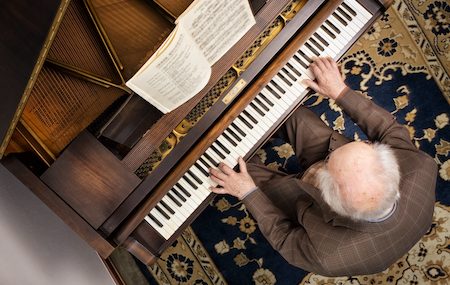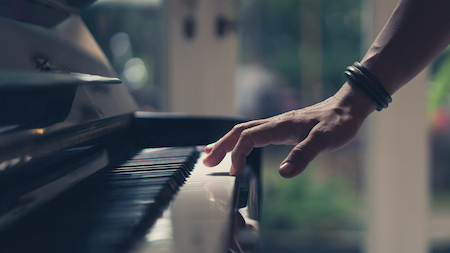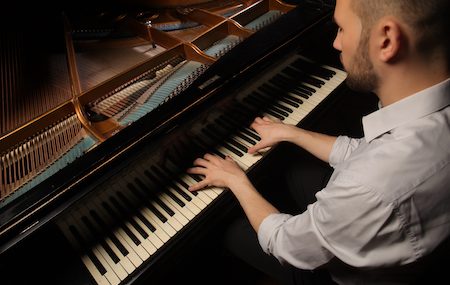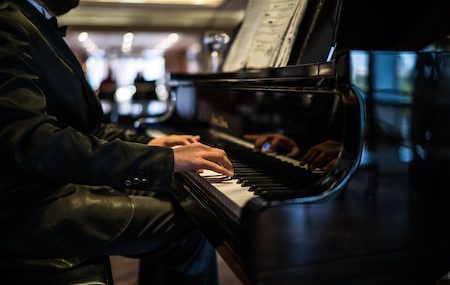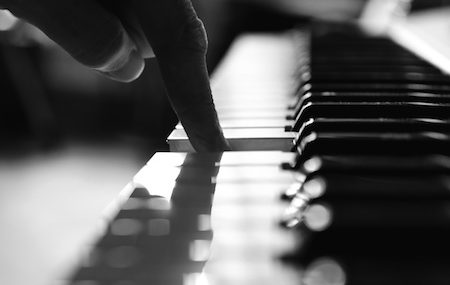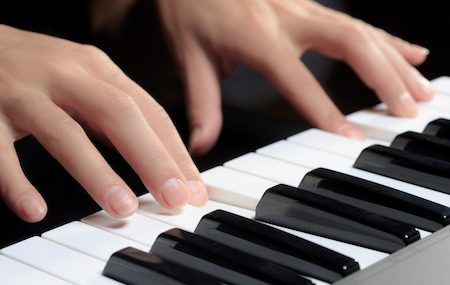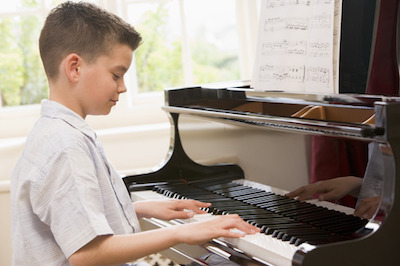Why do you want to start playing the piano? To make music, of course. While everyone starts with a slightly different idea in mind, few would assume they could master it in a short time. Playing the piano is something everyone can do, but to truly master it takes a lifetime.
Knowing that, how can you start with the right frame of mind? What have other piano players discovered that they wish they had learned from the start?
Get to know the keyboard
Remember the first time you sat down at a computer and plucked one finger at a time to spell a word? That QWERTY keyboard was a bit strange as you tried to figure out proper finger placement. A piano keyboard is similar. On average, pianos have 88 keys. It’s a series of white and black keys, each with different sounds. Where do you start? How about finger placement? There’s a lot to take in as a newbie, so take it slow and learn proper placement. It’ll help you expand your piano skills faster.
Playing is a lot harder than it looks
From the first time you touch a piano, it’s fairly easy to pluck out an easy song. But as you progress, you’ll quickly realize how difficult the process is. Piano playing is about connecting your brain to each hand, which are each working independently of one another. You’ll also keep an eye on the music in front of you, taking in the notes written on the page. That’s difficult at first. It’s hard getting everything to work together. While you’ll pick it up quickly, realize that it does take time.
There are always ways to play your favorite tunes
Do you have a song you’re dying to play? Did you start piano lessons to work up to one particular song? The good news is you can play it now. Music comes in all shapes and sizes, and comes in a variety of different playing levels. If you have a goal, share it with your piano instructor. They can help you work up to it quickly. That may be just the motivation you need to continue.
Practice, practice, practice
This isn’t something that has to be complicated. If you’re worried about becoming too regimented with your practice, look for other ways. Practice is designed to be fun, not a chore. Don’t settle on one method, look for a method that works best for your lifestyle.
Making the right choice in pianos
Too often, people look for the least expensive way to start playing the piano. They accept a free piano from a friend. Or invest in an inexpensive keyboard at their favorite big box store. To play beautiful music and have fun doing so, you need to ensure you have the right tools for the job. You wouldn’t start soccer practice with a flat ball? You shouldn’t begin piano practice with a piano not fit for practice.
To love the music you’re creating, it’s necessary to start with the right tool. That’s where we can help. Give us a call today.

